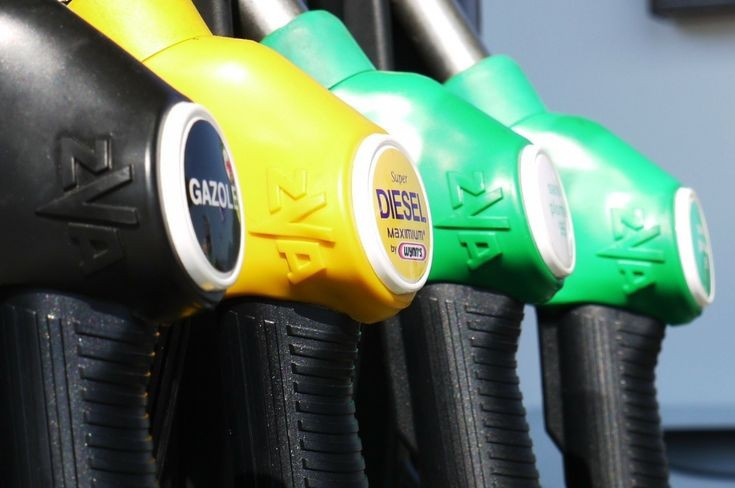Petrol and diesel engines are two types of internal combustion engines that are commonly used in automobiles and other vehicles. They both convert chemical energy from fuel into mechanical energy to power the vehicle. However, there are some key differences between the two types of engines.
Type of fuel
- Petrol engines use petrol, also known as gasoline, as fuel. Petrol is a volatile liquid that is easily ignited by a spark.
- Diesel engines use diesel fuel, which is a heavier and more oily substance than petrol. Diesel fuel ignites spontaneously when it is compressed to a high enough temperature.
- Combustion process
Efficiency
- Diesel engines are generally more efficient than petrol engines. This is because they can convert more of the chemical energy in the fuel into mechanical energy. Diesel engines typically have a higher compression ratio than petrol engines, which helps to improve their efficiency.
- Petrol engines are less efficient than diesel engines, but they are typically less expensive to purchase and maintain.
Emissions
- Diesel engines produce more particulate matter (PM) emissions than petrol engines. PM is a type of air pollution that can cause respiratory problems.
- Petrol engines produce more volatile organic compounds (VOCs) emissions than diesel engines. VOCs are a type of air pollution that can contribute to the formation of ground-level ozone.
Applications
- Petrol engines are commonly used in passenger cars and light trucks.
- Diesel engines are commonly used in heavy-duty trucks, buses, and tractors.
Overall, diesel engines are more efficient and produce less CO2 than petrol engines, but they produce more particulate matter emissions. Petrol engines are less efficient and produce more CO2 than diesel engines, but they produce less particulate matter emissions.
In recent years, there has been a trend towards cleaner diesel engines, with the use of particulate filters and other emissions control technologies. This has helped to reduce the environmental impact of diesel engines.






No comments:
Post a Comment